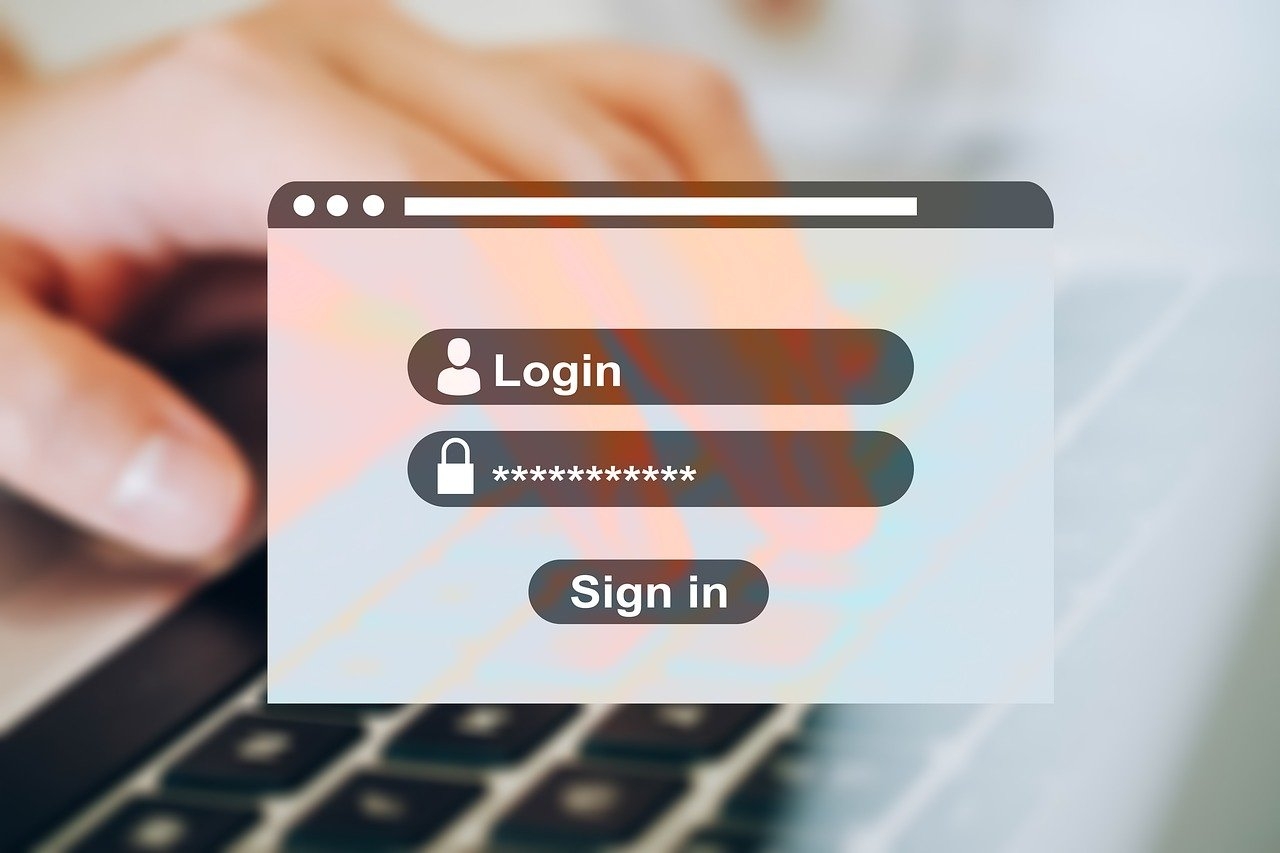Multi-factor authentication is a smart choice for sensitive data
While it is important for every company to limit access to its data and network with strong passwords, for some sensitive data, traditional passwords aren’t secure enough anymore. Hackers have developed countless tried and tested methods of stealing credentials and gaining unauthorized access to private accounts. But strong passwords are not the only readily available security option. In a report published by Microsoft this year, it revealed that 99.9% of the account compromise incidents they deal with could have been blocked by a multi-factor authentication (MFA) solution. For this reason, your business should adopt MFA solutions to protect its most sensitive data.
Multi-factor authentication is an electronic authentication method that requires the user to provide two or more forms of identity verification before they are allowed access to a website, network or application. There are many potential forms of authentication, from key cards, fingerprint scans, to unique codes. Common approaches are to require a password and a “token” generated during a login attempt and sent by email, text, or through a mobile application to the user. Well-designed solutions will substantially improve security while not posing a major burden on the user. Here are the main reasons to adopt an MFA solution.
Protect against weak passwords and poor data habits

Even when companies regularly communicate to their employees the importance of having a secure password and following good data security habits, human errors happen. The good news is that MFA solutions can help secure data even when humans error. Because users need to verify their identity in multiple ways, a hacker can not gain access to your network even if they do manage to steal an employee’s password. It only takes a little social media stalking to find out someone’s birthday; if they do not have the employee’s cell phone, they will not be able to access their unique token.
Mitigate the use of unmanaged devices
With more employees working from home or on the road, they are using personal devices and less secure internet connections to access their organizations’ networks. A compromised router can allow a hacker to install password-stealing malware on a user’s machine, and personal devices often do not have the powerful protection layers installed on them that company-owned machines do. MFA can address this security situation by
Enable your other security measures to do their job properly
Anti-virus software and advanced firewalls do an excellent job at protecting business systems, but they leave an access tunnel open for employees to be able to log in to the network. If an attacker uses stolen credentials to gain access, they can bypass all other security measures that are in place, making them redundant. MFA prevents bad actors from gaining access to a network via a stolen password and, in doing so, allows other security tools to function as designed. On top of this, MFA can act as a warning system that alerts you of unauthorized attempts at access: employees just need to report instances where they are asked for secondary authentication that they did not request.
Stay compliant
Many state laws require businesses to adopt and maintain reasonable security measures appropriate to the sensitivity of the data protected. While these laws do not mandate specific security measures, MFA is quickly becoming common enough that businesses should consider it to be standard and therefore reasonably to protect sensitive data. It is likely that in litigation or an enforcement action, the plaintiff or regulator will argue that lack of MFA is clear evidence that a security plan is not reasonable.
Multi-factor authentication solutions are relatively inexpensive and often extremely easy to deploy. They provide simple but effective protection to individual users and the wider business network. Every business should evaluate their data and consider adopting MFA.
